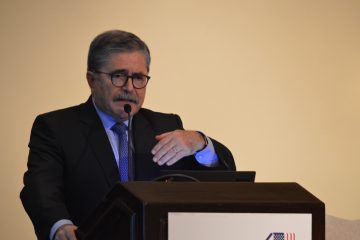
A Trump in the Tropics? Why a Demagogue became the Leading Contender in Costa Rica’s Upcoming Election
Costa Rica, the longest running democracy in Latin America, will hold its 17th consecutive election on February 4th, 2018. According to the latest opinion polls, the leading contender is the controversial populist Juan Diego Castro. There is a general lack of any candidate receiving overwhelming support, betraying a certain discontent and apathy about the candidates vying for the office of president. From the thirteen candidates in the running, even the five most popular candidates only receive between 5% and 18% of votes; thus, falling far behind the 40% required for a win in the first round. By far, the largest group are those that remain undecided: One in three voters has not made up their minds about which candidate to …
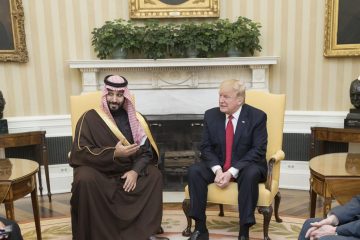
Saudi Arabia’s Game of Thrones: Mohammed bin Salman’s rise to power and its consequences for the region
Following his surprise appointment as crown prince back in June, 32-year-old Saudi prince Mohammed bin Salman al-Saud has been thrust into the spotlight. The events surrounding his rapid rise to power sound like something straight out of Hollywood, involving secretive plots and political intrigue, however, the consequences of his dramatic ascent to power could be very real for Saudi Arabia and the region as a whole. Tensions within the extensive network of royalty have existed for decades, yet, up until recently, have been kept relatively under control. Stability and gradual change were seen as key in maintaining the complicated structures of Saudi Arabian society and politics. In a region wracked by war and turmoil stability and survival were emphasized. This …
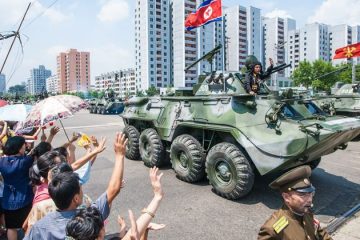
Is North Korea Really that Crazy?
Over the last months, the escalating tensions between the United States and North Korea over the latter’s nuclear programme have dominated news headlines. US President Donald Trump has called North Korean leader Kim Jong-Un “rocket man” in front of the United Nations, labelled him crazy and insane, and stated he was willing to halt Kim’s pursuit of nuclear weapons by all means, while North Korea labelled Trump a “dotard.” Not everyone might like Trump’s colourful rhetoric, but his remarks strike a chord with many. The Democratic People’s Republic of Korea (DPRK), or North Korea, threatens to turn Seoul into “a sea of fire” and to destroy the United States. Repeated rockets launched towards Japan seem like a preamble to a …
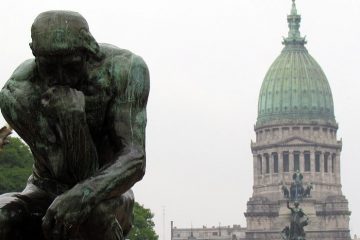
Argentina’s Midterm Elections: A Forecast
On Sunday, Argentina will hold highly significant midterm legislative elections in its 23 provinces as well as the federal capital of Buenos Aires. Cambiemos (Let’s Change), headed by the centre-right incumbent President Mauricio Macri, will look to expand its political mandate as the first non-Peronist government in 16 years. While seats will be up for grabs throughout the country, observers have placed most of their focus on the Senate race in Buenos Aires province, a predominantly working class region of Argentina that holds nearly 40 percent of the national electorate. Here, Macri’s current Minister of Education, Esteban Bullrich, is competing against former President Cristina Fernandez de Kirchner, who assumed office in 2007 as part of the Peronist ‘Front for Victory’ …
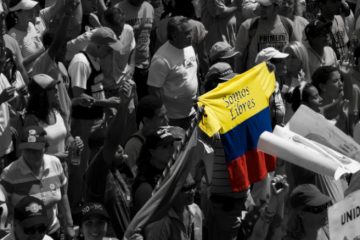
Reset, Rethink, Restart: The Opposition’s only way out in Venezuela
In early hours of Monday, October 17th, after the announcement of the results of the regional elections, the Venezuelan opposition decried foul play and electoral fraud. Such accusations of course are very hard to prove in any case, and even more so in today’s authoritarian Venezuela. Yet, what’s done is done. The regime announced to have won 18 governorships, while the opposition appears to have only won five. Even if the fraud accusations were true, the only certainty, as of today, is that – although 83% of Venezuelans rejected President Maduro’s government as of August 2017 – Venezuela’s political map is still dominated by Chavismo. This latest episode of contested elections adds to the already high levels of political conflict …
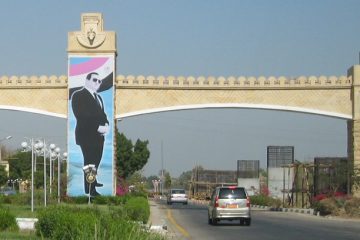
What Mubarak’s acquittal means for Egypt
On 13 March 2017, the legal saga of the trial of Hosni Mubarak ended. The deposed autocrat, who was convicted and sentenced to life in prison for his complicity in the killing of hundreds of demonstrators and embezzlement on a grander scale, was acquitted by Egypt’s Court of Cassation and freed from his detention. “The trial of the century”, as Egyptians have dubbed Mubarak’s prosecution, began soon after millions of Arabs took to the streets all over the Middle East, and it was concluded against the backdrop of the deep frustration of most from the results of the Arab Spring. This legal ordeal is but one prominent manifestation of the decisive role that the legal system played during the struggle …
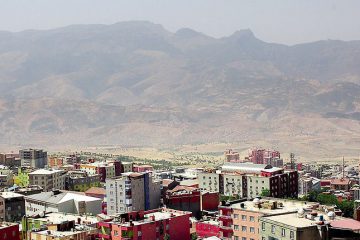
As IS territorial dominance diminishes, what challenges lie ahead for Iraq’s Kurds?
On the ninth of June, Haider al-Abadi, the Iraqi Prime Minister, arrived in Mosul to congratulate the armed forces for the liberation of the city. Mosul had been conquered by the so-called Islamic State in Iraq and Syria (ISIS) in 2014 and served as its Iraqi capital. This significant victory is not yet the end of ISIS in Iraq, however, both in Iraq and in Syria its territorial dominance has strongly diminished—by about 60 % since January 2015—and is likely to continue. The power vacuum emerging from this rapid decline has heated up competition between the numerous parties in the conflict—regular forces of regional states and great powers, as well as various militias often acting as their proxies—to control former …
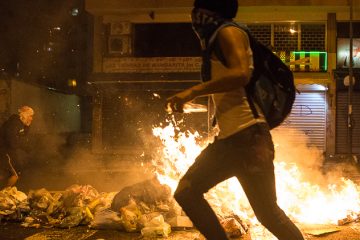
Venezuela’s instability has far broader implications. Here’s what’s at stake
Venezuela seems locked in a downward political and economic spiral. But what happens in Venezuela has far broader implications for international security. “Here you must not speak badly about Chávez” — this was the message on banners at a Colombia-Venezuela border bridge I crossed recently on a research trip. It was just one of the signs of the exponential jump in authoritarianism in Venezuela, and the continued unravelling of the regime. Last Saturday, Chief Prosecutor Luisa Ortega, a critic of the government of President Nicolás Maduro, was dismissed. On Sunday, a military uprising left one dead and several injured, then other military dissidents used social media to call for other soldiers to disobey the president. By Tuesday, parliament was practically …









